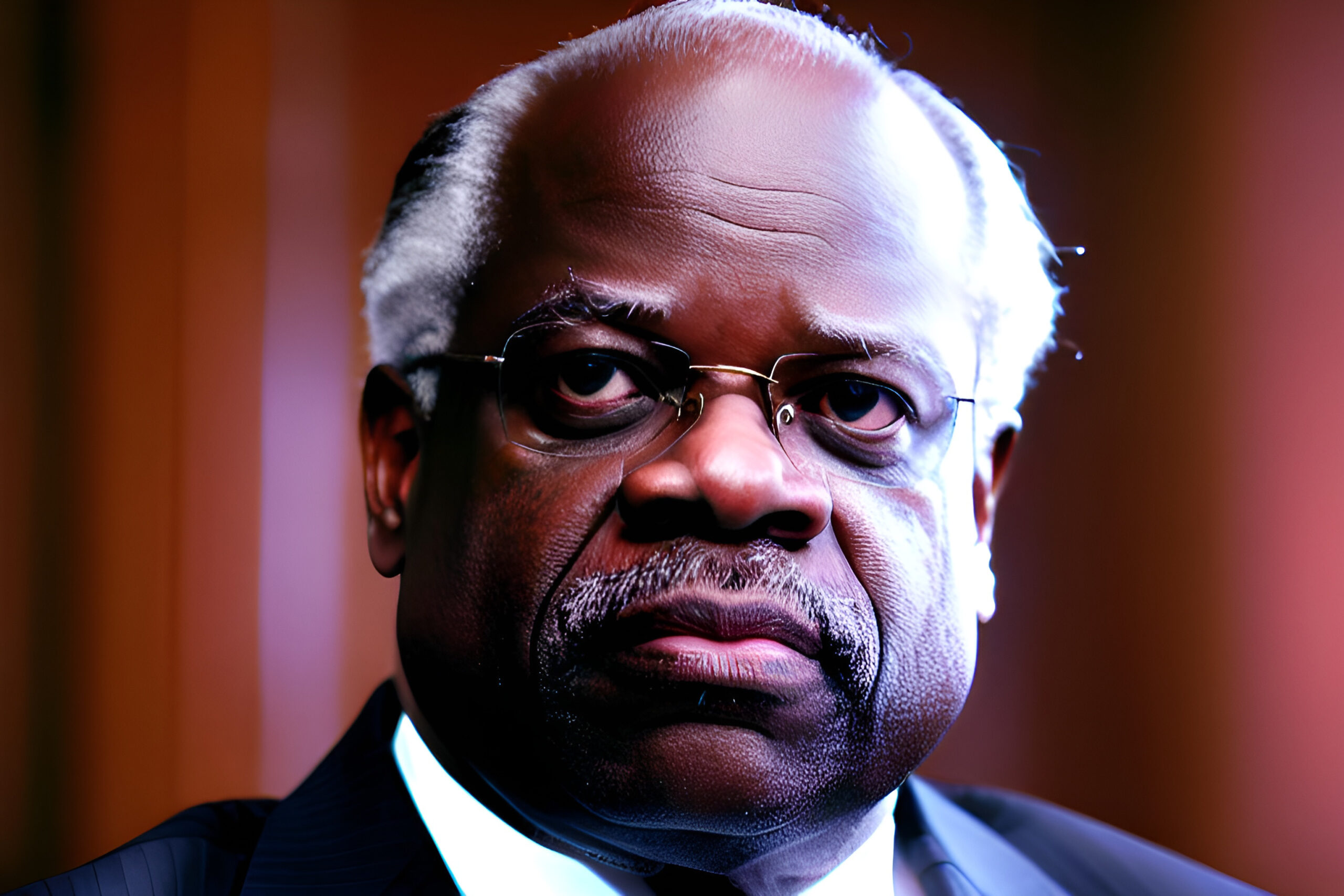In 2008, Supreme Court Justice Clarence Thomas enrolled his teenage grandnephew, Mark Martin, in Hidden Lake Academy, a private boarding school in northern Georgia. Martin had lived with Thomas and his wife in Washington, D.C., since Thomas took legal custody of him at age 6. The tuition for the boarding school exceeded $6,000 per month, but it was not paid by Thomas. Instead, a bank statement from July 2009 revealed that billionaire real estate mogul Harlan Crow funded Martin’s tuition for that month.
According to Christopher Grimwood, a former administrator at Hidden Lake Academy, Crow covered Martin’s tuition for his entire enrollment at the school, which lasted about a year. Crow also funded Martin’s tuition at a second boarding school, Randolph-Macon Academy in Virginia. The total amount Crow paid for Martin’s education is unclear, but it could have surpassed $150,000 based on public records of tuition rates at both schools.
Thomas did not report Crow’s tuition payments on his annual financial disclosures, though he had disclosed a $5,000 gift for Martin’s education from another friend several years earlier. The tuition payments contribute to the understanding of how Crow, a Republican megadonor, has financially supported Thomas and his family.
Federal law requires justices and other officials to publicly report most gifts, including many gifts to their spouses and dependent children. While the law’s definition of dependent child is narrow and likely would not apply to Martin, ethics law experts believe Thomas was required to disclose the tuition payments, as they appear to be a gift to him.
Throughout the years, Crow has provided Thomas with luxury travel, undisclosed real estate deals, property improvements, and financial support for a political group founded by Thomas’ wife. Richard Painter, former chief White House ethics lawyer for President George W. Bush, described the undisclosed gifts as “way outside the norm” and “way in excess of anything” he has seen.
Mark Martin, now in his 30s, was unaware of Crow’s tuition payments but defended Thomas and Crow, attributing their actions to friendship and goodwill.
During his tenure as Supreme Court Justice, Clarence Thomas has received a series of undisclosed gifts from billionaire real estate magnate Harlan Crow. These gifts include luxury travel, real estate deals, and financial support for Thomas’ family. The revelation of Crow’s funding for Thomas’ grandnephew’s tuition at two private boarding schools adds to the understanding of how Crow has been financially supporting Thomas and his family over the years.
Ethics law experts argue that Thomas was required to disclose Crow’s tuition payments, as they appear to be a gift to him. This has raised questions about the undisclosed financial arrangements between Thomas and Crow, and whether these gifts have influenced Thomas’ actions as a Supreme Court Justice.
Harlan Crow has been a significant figure in pro-business conservative politics, donating millions to efforts aimed at moving the law and judiciary further to the right. He also serves on the boards of think tanks that publish scholarship supporting conservative legal theories.
Despite the controversy surrounding these undisclosed gifts, Mark Martin, the grandnephew whose tuition was funded by Crow, believes that Crow’s intentions were solely based on friendship and goodwill.
As more details about the undisclosed gifts from billionaire Harlan Crow to Supreme Court Justice Clarence Thomas and his family come to light, concerns about the ethical implications of these financial arrangements grow. Transparency in financial disclosures is crucial to maintaining public trust in the impartiality of the judiciary, particularly at the highest level of the court system.
While Thomas has not responded directly to the questions raised about his failure to report Crow’s tuition payments, he previously stated that the Crows are among his dearest friends, and he believed he did not need to disclose the trips they provided. Crow’s office issued a statement emphasizing his passion for quality education and helping at-risk youth, expressing disappointment that partisan interests would attempt to portray this assistance as nefarious or political.
The extent of the gifts from Crow to Thomas, however, has raised eyebrows among ethics law experts, such as Richard Painter, former chief White House ethics lawyer for President George W. Bush, who called the situation “way outside the norm” and “way in excess of anything I’ve seen.”
Ultimately, the ongoing revelations about Crow’s financial support for Thomas and his family highlight the importance of transparency and adherence to ethics rules by public officials. The case raises questions about the potential influence of undisclosed financial arrangements on the actions and decisions of Supreme Court Justices, and underscores the need for vigilance in maintaining the integrity of the judicial system.











